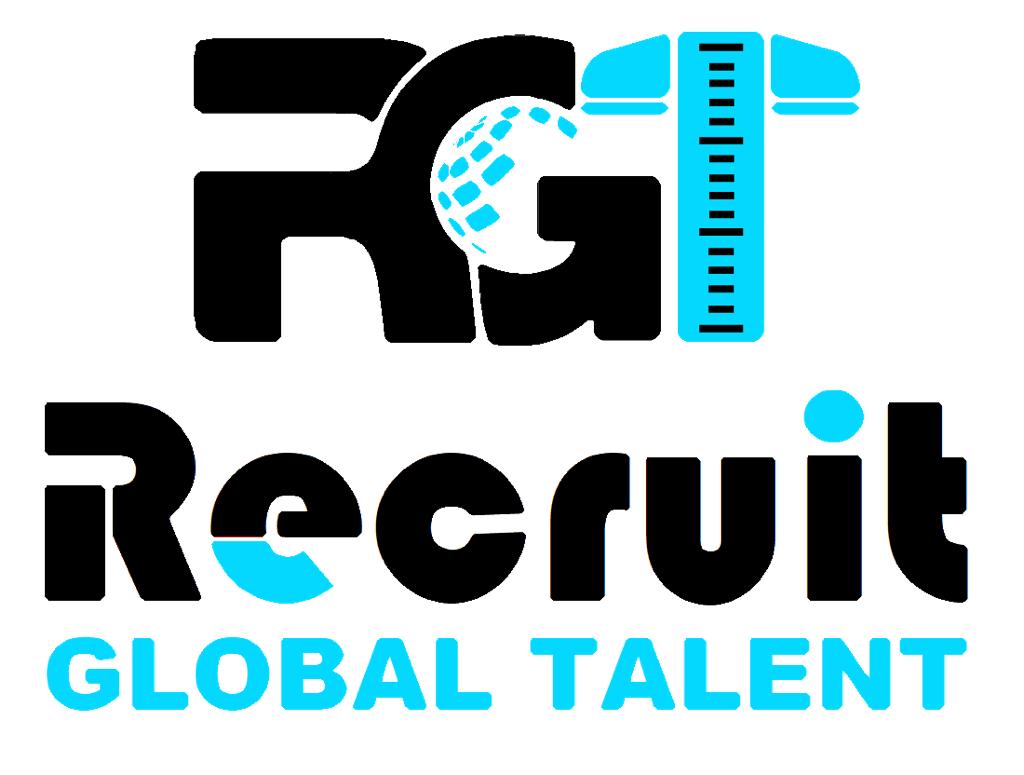While there are many benefits to global recruiting, there are also some challenges that you should be aware of. Here are some of the challenges of global recruiting:
1. Language Barriers:
If you’re recruiting in a country where English is not the primary language, you may face communication difficulties. So, this can make it challenging to find qualified candidates and understand their qualifications.
2. Time Differences:
It can be challenging to coordinate interviews and other communication depending on the time difference between your location and your recruiting country. So, this can make the process more time-consuming and complicated.
3. Cultural Differences:
There may be cultural differences between your company and the candidates you’re considering. So, this can make it challenging to assess fit and find candidates who are a good match for your company culture.
4. Visas and Work Permits:
If you want to hire a candidate from another country, you’ll need to obtain the appropriate visa and work permit. This can be a time-consuming and expensive process.
5. Shipping Costs:
If you’re recruiting internationally, then you may incur shipping costs for sending materials to candidates and bringing candidates to your location for interviews.
6. Travel costs:
You may also incur travel costs to meet with candidates or attend job fairs in other countries.
7. Political Instability:
In some parts of the world, political instability can make it challenging to recruit internationally. This is because candidates may be concerned about their safety and job stability if a company hires them in a politically unstable country.
8. Economic Instability:
Economic instability in a country can also make it challenging to recruit internationally. This is because candidates may be concerned about their ability to find another job if they’re laid off, or their company goes out of business.
9. High Turnover:
In some countries, turnover rates are high. So, this can make it challenging to find qualified candidates and retain employees.
10. Unfamiliarity with the Local Market:
If you’re not familiar with the local job market, it can be challenging to find qualified candidates. This is because you may not know where to look for candidates or what qualifications are required for the positions you’re trying to fill.
11. Lack of Resources:
If you don’t have a lot of resources, it can be challenging to find qualified candidates. This is because you may not have the budget to pay for advertising or travel to meet with candidates.
12. Difficulty Measuring Success:
It can be challenging to measure the success of your global recruiting efforts. This is because you may not have an excellent way to track the progress of your candidates through the hiring process.
13. Compliance Issues:
There may be compliance issues that you need to consider when recruiting internationally. For example, you may need to comply with local laws and regulations regarding discrimination, labor standards, and working hours.
14. Risk of Failure:
There is always the risk that your global recruiting efforts will not be successful. This is because you may not find qualified candidates, or you may not be able to retain hired employees.
15. Requires a Long-Term Commitment:
Global recruiting requires a long-term commitment. This is because it can take time to find qualified candidates and build relationships with potential employees.
Here at the end, let us mention the expert’s answers to this question about what kind of challenges they faced during their journey of global recruitment.
-
The Timeline
My biggest challenge in recruiting [internationally] is the general timeline. It can take eight months to a year for a candidate to receive a Canadian work visa. In this time, the employer not only needs to keep a position open, but is also losing revenue while waiting. A lot can happen in eight months, so it is important to keep everyone current and engaged while we wait for the immigration department to process the documents.
— Kathleen Kischer, Senior International Recruiter
-
The Complexity of the Process
The sheer complexity of hiring, onboarding, and compliantly employing people in foreign markets can slow or even stop an executive search placement. However, every country has its challenges, and partnering with people and firms that can reduce the complexity can be immensely beneficial.
— Eric Snethkamp, Global Channels and Strategic Alliances Manager, SafeGuard World International
-
Finding People Who Want to Relocate
The biggest challenge for us while sourcing international candidates is identifying whether or not a candidate is ready to relocate. If a candidate is open to relocation, though, it means that they’re ready for a job change, too.
— Andrew Stetsenko, Founder, Relocate Me
-
Biases Toward Local Talent
One of the challenges for us is that employers don’t seem to prefer expatriates. First priority is often given to local professionals from the particular country.
— Mohan Haritheertham, Chief Finance Executive, Laboratory & Allied
-
Helping Candidates Maintain Work-Life Balance
One of the major challenges when recruiting internationally has always been dealing with work-life balance — especially the family issues that can be a major hindrance during relocation.
— Duku Joseph, Client Relationship Manager, Exquisite Solution

